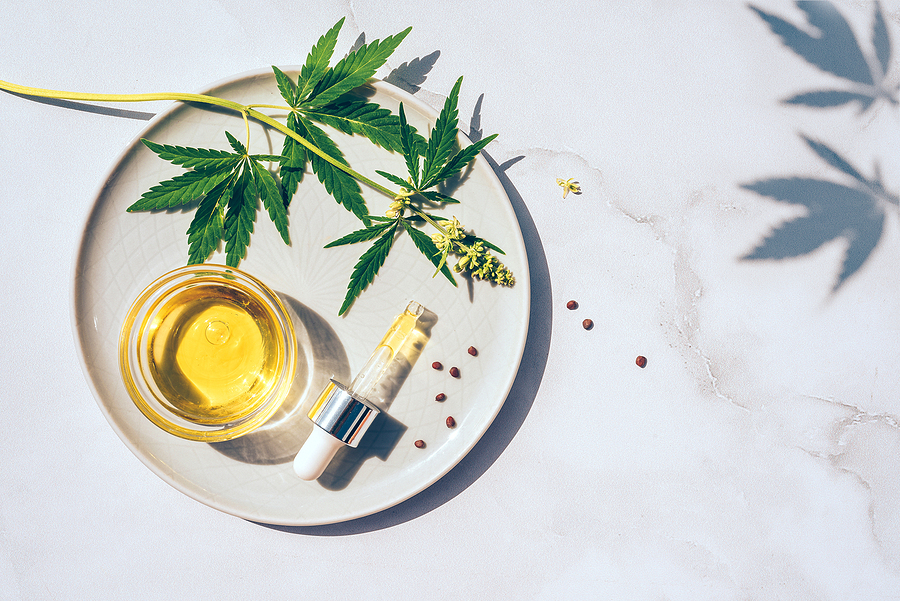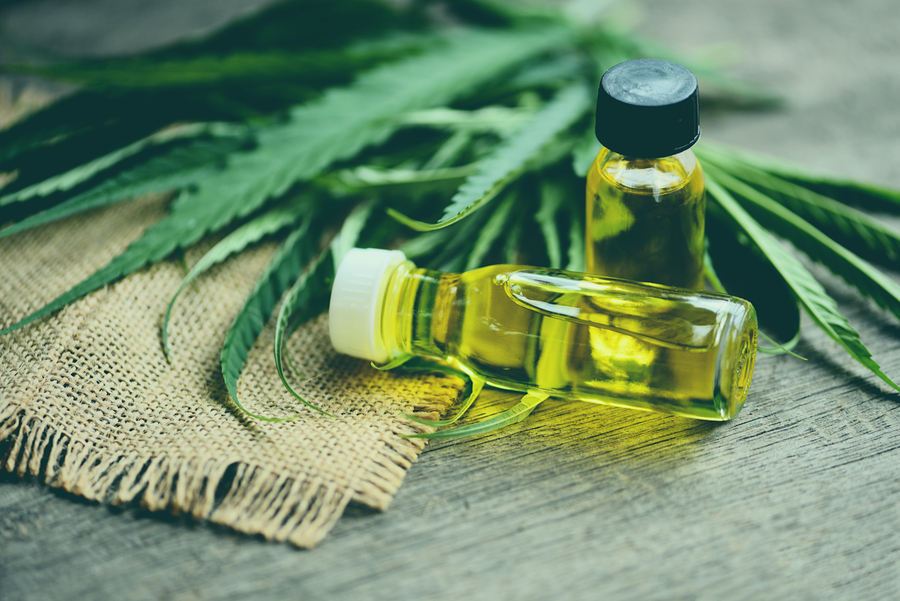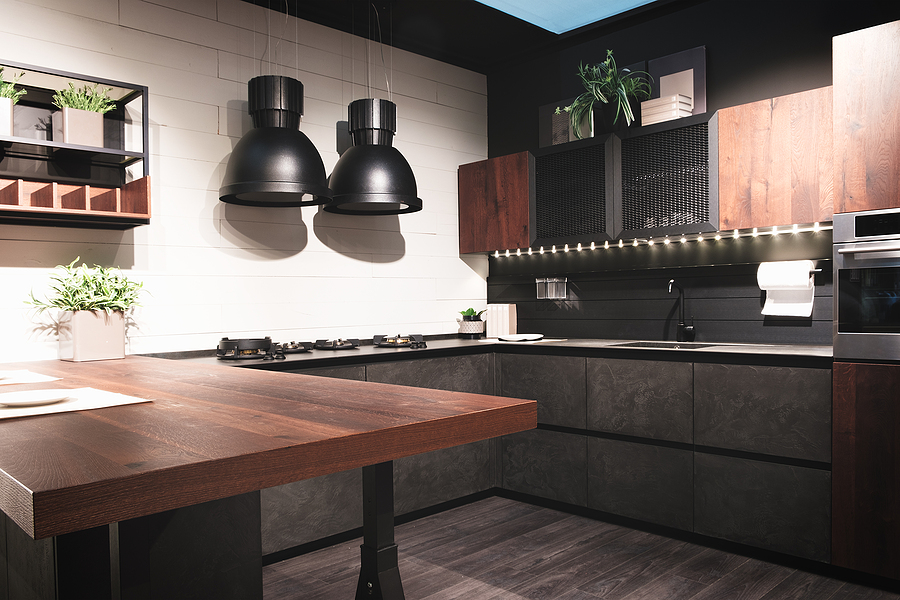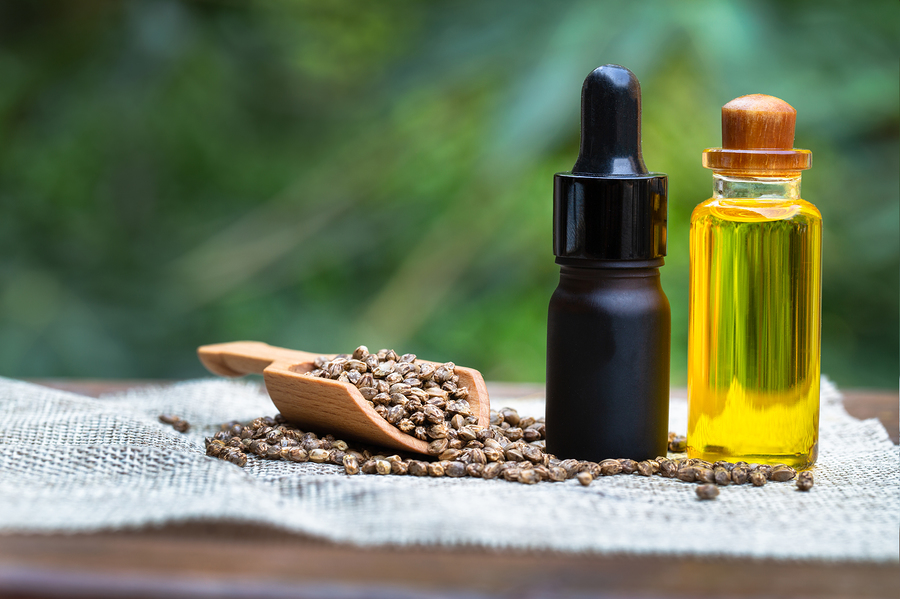Among the world’s many CBD users, there’s a great deal of interest in identifying the strongest CBD oil on the market – and if you haven’t begun thinking along those lines yet, it’s time to start. As we’re about to explain, buying the strongest CBD oil that you can find has some major financial benefits. It may even improve the results that you get from taking CBD.
In this article, we’re going to explain exactly why it’s worth the time spent researching to find out exactly how much CBD is in any bottle of CBD oil. First, though, we’ll answer the top question on your mind. What’s the strongest CBD oil on the market?
Containing an incredible 9,000 mg of CBD per bottle, it’s Crescent Canna’s Max Strength CBD Drops. If you’re going to buy CBD oil, it is almost always wise to buy the strongest product you can find, and we’ll explain why shortly. Before we discuss that in greater detail, there’s probably something else that has piqued your curiosity.
CBD oil has been around for several years. Why haven’t CBD oils always been this strong?
Why Haven’t Strong CBD Oils Always Been on the Market?
There are several reasons why it took the CBD industry so much time to produce such a potent product, but one of the key reasons is because it’s actually quite difficult to put so much CBD into a liquid tincture that you can measure and take with an eyedropper.
Crescent Canna’s Max Strength CBD drops, for example, contain 300 mg of CBD per 1 ml dropper. In other words, 30 percent of the bottle is CBD. Even the most potent strains of CBD hemp contain a maximum of about 20 percent CBD, so there’s no way to make such a high-strength CBD oil using only raw hemp distillate. You have to refine the distillate until you have pure crystalline CBD isolate. Then, you add the CBD isolate to an oil base until you reach the desired strength.
The reason why it took so long for someone to release a high-potency CBD oil is because, before that could happen, someone had to invent the method for making it. In fact, in terms of potency, 9,000 mg of CBD per ounce of oil seems to be the limit. If you attempt to add more CBD than that, the final product will no longer be recognizable as a traditional CBD tincture because it’ll be far too viscous. Past a certain point, the CBD crystals may even precipitate out of the solution. Aside from pure CBD isolate, this is about as strong as a CBD product can get.
Now, it’s possible that you’re only here because you’re curious about how strong a CBD oil can be and want to know what the most potent CBD tincture on the market is – not because you were actually looking for a product to buy. Why should you even care what the strongest CBD oil is? If you happen to buy a weaker CBD oil, can’t you just take more of it to achieve the same result?
In fact, there are two reasons why that’s a bad idea.
The Strongest CBD Oil Is Always the Most Affordable CBD Oil
If you check the websites of the best-known CBD brands, you’re going to find that a typical CBD oil with a “good price” costs around $150 and contains up to around 2,500 mg of CBD per 30 ml bottle. Prices at mainstream supplement stores are often significantly higher, but we’ll use that price point as an example. If you buy 2,500 mg of CBD for $150, you’re paying 6 cents per mg of CBD.
Meanwhile, the 9,000 mg CBD oil mentioned above costs $229.99 per bottle. That’s 2.5 cents per mg of CBD. So, in this case, buying the strongest CBD oil means that you’re cutting your price by more than half.
So, while it’s technically true that you can overcome the difference in potency between the two products by simply buying more of the lower-strength product, you’d pay more than double If you did. You’d also have to buy CBD oil more than three times as often if you wanted to use the same amount of CBD that the higher-strength product provides per dose. Either way, buying a lower-strength CBD oil is a losing proposition from a financial standpoint.
You May Not Get the Results You Want Without a Strong CBD Oil
We’ve established that using a large quantity of a low-strength CBD oil isn’t financially sustainable. If you’re paying 6 cents per mg of CBD and want to take 300 mg per day, that’s $540 – a luxury car payment – per month. Most people would agree that CBD oil should be priced more like a Toyota than a Lexus.
Is it really necessary to take so much CBD, though? Couldn’t you just get by with less? You certainly could – and you might have a great result. After all, the 9,000 mg bottle of CBD oil is a relatively new invention. People have been using lower-strength CBD oils for years, and many of them have reported great results.
On the other hand, many people have also reported that CBD has done nothing for them at all. Could it be that those people simply aren’t using enough CBD to get the results they want?
It’s possible that you can answer that question by looking at medical studies relating to the medical condition(s) that prompted you to begin researching CBD in the first place. If you do that, you’ll find that the dosages used in CBD studies are often very high.
- In a 2016 study, researchers successfully used CBD to treat rats with arthritic joints. A CBD dosage of 6.2 mg was found to be effective. An average lab rat weighs about 1.5 pounds. Adjusted for an adult human weighing 180 pounds, that would translate to a dosage of 744 mg.
- A 2019 double-blind study examined the effectiveness of CBD in treating teens with social anxiety disorders. The subjects who were given the CBD treatment used a dosage of 300 mg every day for one month. At the conclusion of the study, the subjects in the CBD group had lower anxiety scores than the subjects in the placebo group.
If you’re going to try using CBD to alleviate a specific condition, it’s worthwhile to look at the doses that scientists are using – and you’re generally going to find that the dosages are much higher than what you can realistically achieve with a lower-potency CBD oil.
Image Source: BigStock.com (Licensed)
Site Disclaimer
The efficacy of these products has not been confirmed by FDA-approved research. These products are not intended to diagnose, treat, cure or prevent any disease. Information presented here is not meant as a substitute for or an alternative to information from healthcare practitioners. Please consult your healthcare professional about potential interactions or other possible complications before using any product.
Related Categories: CBD, Reviews







